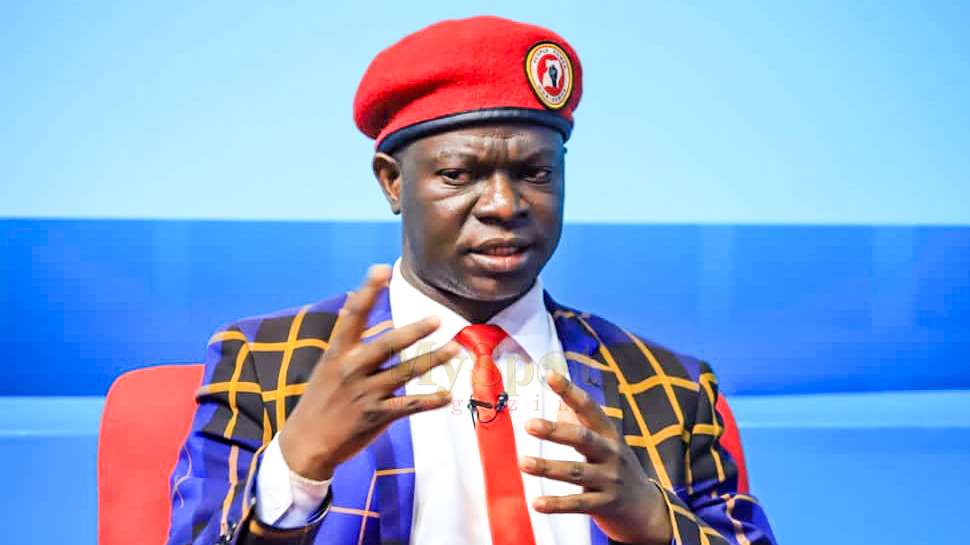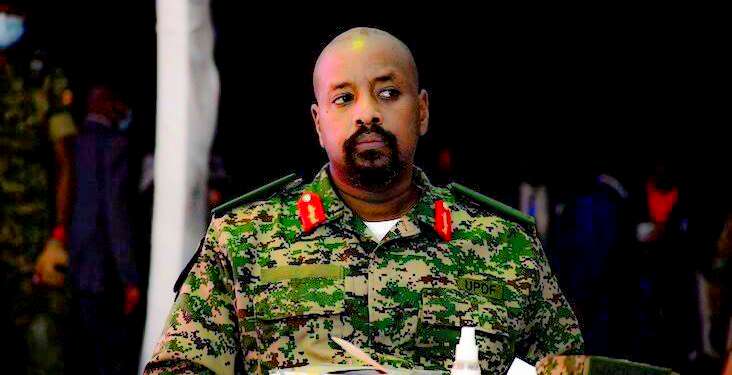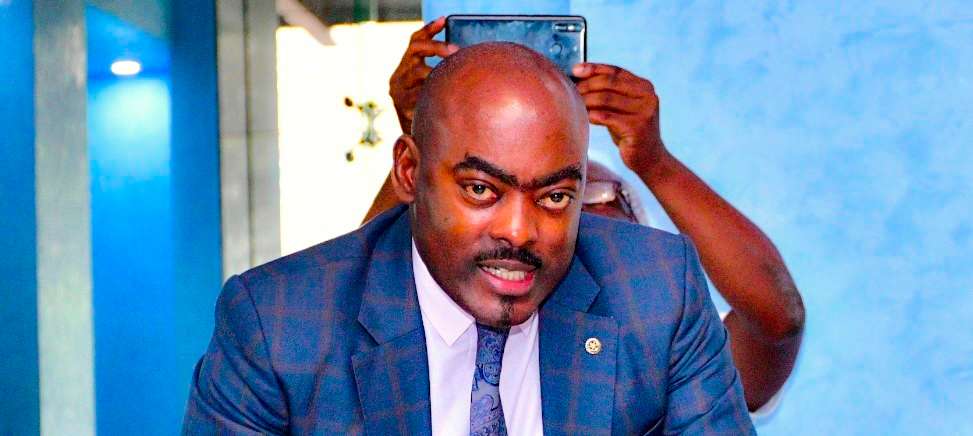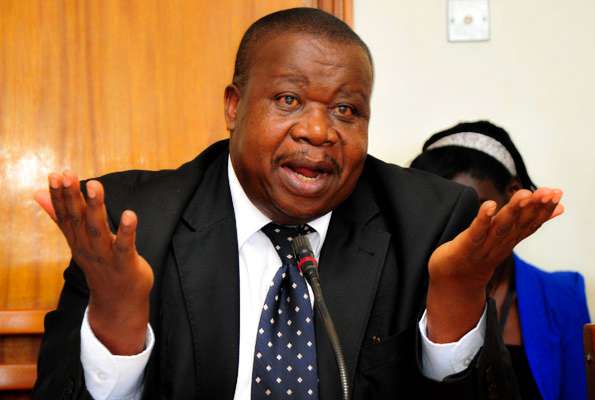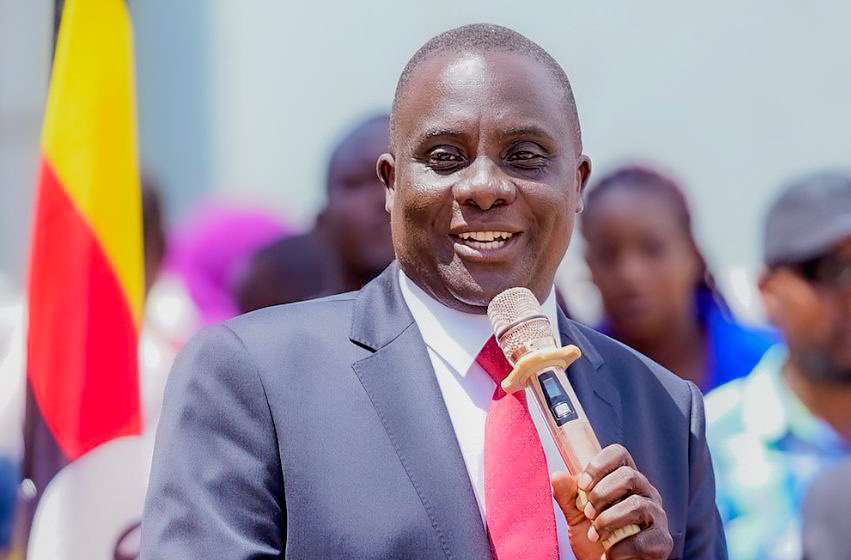Politics
Divine Calling or Strategic Retreat? Gen. Muhoozi Kainerugaba Bids Farewell to X Amid Controversy
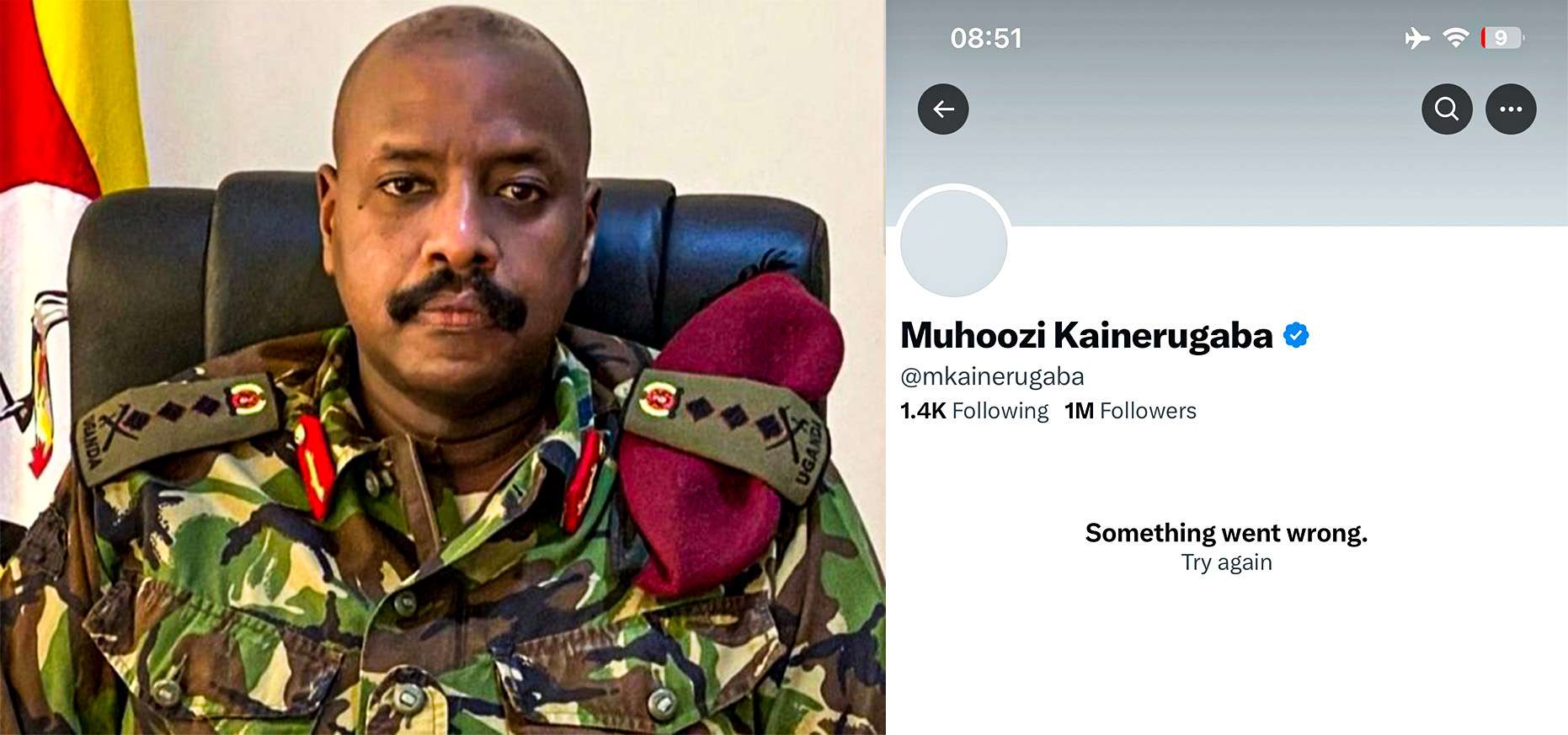
In a surprising turn of events, General Muhoozi Kainerugaba, son of Ugandan President Yoweri Museveni and a polarizing figure in the country's political landscape, announced his departure from X (formerly Twitter). Framing his decision as a directive from Jesus Christ, Gen. Muhoozi’s announcement has left Ugandans pondering whether this marks a spiritual shift or a calculated political maneuver.
Through an emotional post, Muhoozi declared his intention to focus on his role as Commander of the Defense Forces (CDF) of the Uganda People’s Defence Forces (UPDF).
“With the blessings of my Lord Jesus Christ, it’s time to leave and concentrate on His army, the UPDF,” he wrote. Muhoozi also hinted at a potential return to social media in the future, once he fulfills what he described as “the Almighty God’s immediate assignment” of bringing lasting peace to the region.
His message expressed deep admiration for his followers and urged continued support for Uganda and his father, President Museveni, whom he lauded as “the greatest General of the Resistance.”
Muhoozi’s time on social media has not been without controversy. Critics have accused him of abusing his position as CDF by involving himself in political affairs, a clear violation of Uganda’s constitutional separation of military and civilian roles.
His frequent political commentary on X, including endorsements of his potential presidential aspirations, has drawn criticism for blurring the line between military duty and political ambition. Muhoozi’s public remarks often strayed into inflammatory territory, including threats against opposition leaders and provocative statements about neighboring countries.
On several occasions, Muhoozi used X as a platform to issue veiled threats against opposition figures, raising concerns about intimidation and the erosion of political freedom. Opposition leaders have accused him of undermining Uganda's democratic processes by leveraging his military influence to interfere in politics.
Muhoozi’s remarks also caused diplomatic ripples. In one instance, he controversially claimed that his forces could capture Nairobi, Kenya, in two weeks, prompting backlash and diplomatic tension between Uganda and its neighbor. Such statements sparked debate about the appropriateness of his role as both a military leader and an unofficial spokesperson for Uganda’s foreign policy.
While Muhoozi’s departure from X is couched in religious rhetoric, political analysts speculate that this move could be an attempt to deflect criticism and rehabilitate his image. By positioning himself as a servant of divine will, he may aim to shift focus from his contentious statements and potential abuse of office.
“This could be strategic,” said one political analyst. “Muhoozi has faced mounting scrutiny for his online behavior and political involvement, so stepping back under the guise of faith might be a way to silence critics and refocus his narrative.”
Reactions to Muhoozi’s announcement have been mixed. Loyal supporters have praised his decision, interpreting it as a sign of humility and dedication to his military duties. However, critics view it as an evasion of accountability for his controversial actions and statements.
As Muhoozi withdraws from the digital limelight, questions linger about his political ambitions and the implications of his past actions. Will his departure from X be a genuine step toward military professionalism, or is it a calculated pause before a larger political move?

